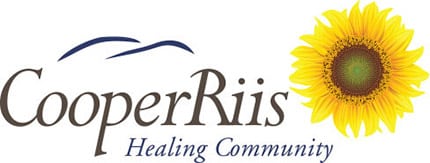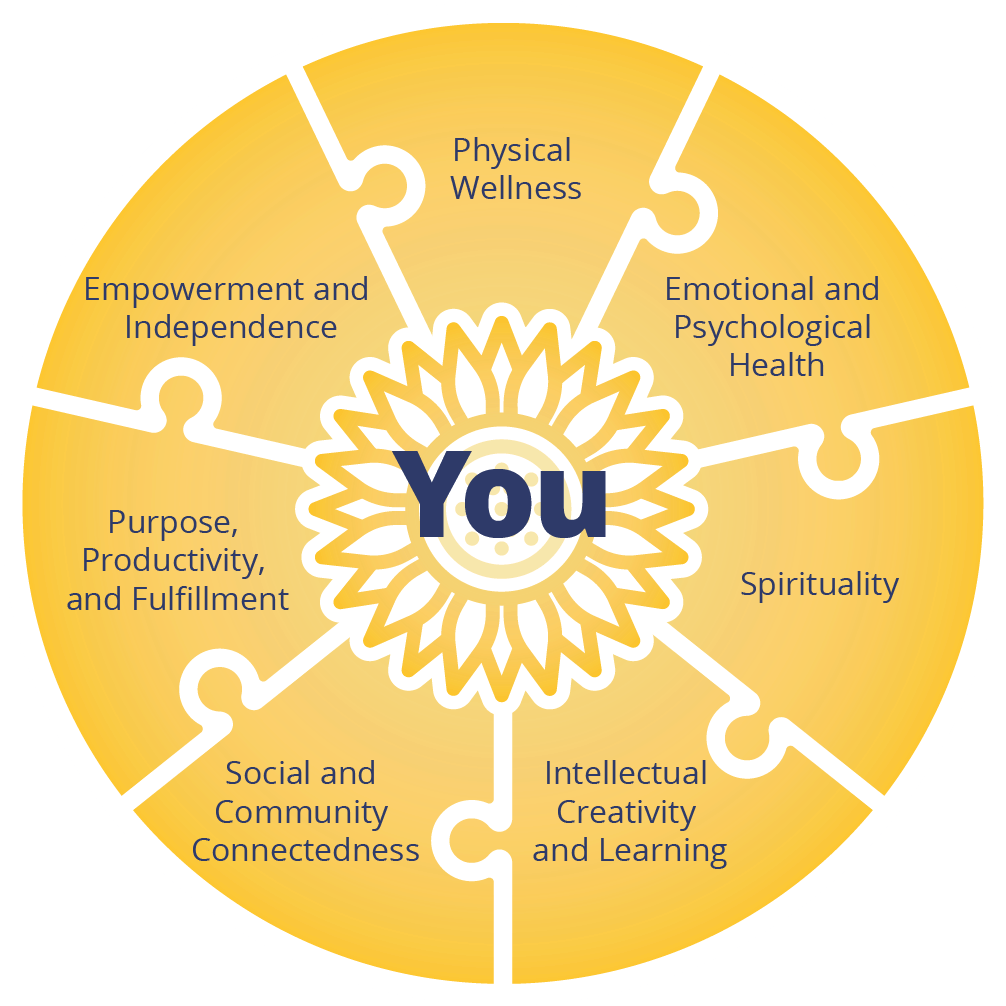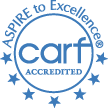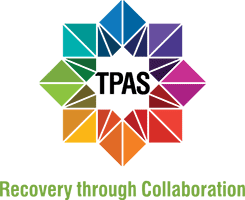A Model for Recovery
The Seven Domains were built upon doctoral research of CooperRiis founding Clinical Director, Dr. Sharon Young. The Seven Domains provides a holistic view of recovery, and addresses wellness of the entire person, prioritizing the integration of mind and body in each person’s wellness journey: each can affect another. Our clinical teams work with our residents to develop their own personalized recovery treatment plan and the Seven Domains are a part of this plan. Additionally, each domain is represented by dedicated staff and or departments at each of the CooperRiis campuses (varies by campus).
At CooperRiis, staff collaborates with each resident to create a Dream Statement, and that statement drives the recovery process across the Seven Domains. The Seven Domains becomes a road map of how to reach the resident’s dreams and goals. The Dream Statement is what the resident hopes to accomplish in their life. The statement helps each resident to create context, meaning and momentum in recovery.
The statement referenced throughout the recovery process and can provide support and structure in conceptualizing goals and increase treatment engagement. In short, the Dream Statement is the “Why?” and helps propel the resident to take steps toward becoming their best self.
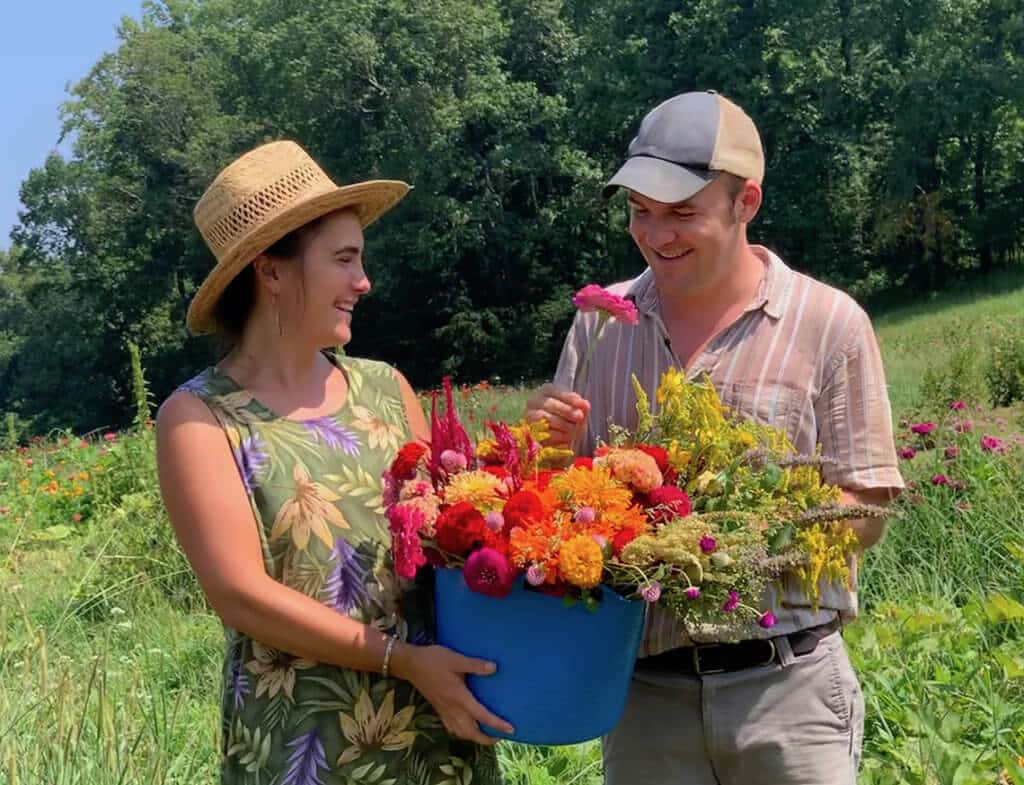
1. Social / Community / Connectedness
This domain refers to one’s ability to connect to others in a healthy, balanced, and functional manner. It refers also to the ability to maintain appropriate boundaries and the capacity to develop authentic emotional intimacy, which in turn leads to rich and meaningful relationships. The acquisition of effective interpersonal skills including listening skills, nurturing skills, empathy, and conflict management skills also falls within this domain. Additionally, this domain refers to the sense of pride, acceptance, and belonging that is fostered by being a contributing and valued member of a caring community.
2. Spirituality
This domain refers to one’s sense of inner peace and harmony. It also refers to a sense of hopefulness, a passion for life, and a sense of appreciation and gratitude. Spirituality often offers a sense of clarity about one’s values and one’s sense of purpose and meaning in life. An individual may obtain spiritual nurturance in a variety of ways including practicing a certain faith, spending time in nature, or using modalities such as yoga or meditation as a means of becoming more centered, more reflective, and more peaceful.

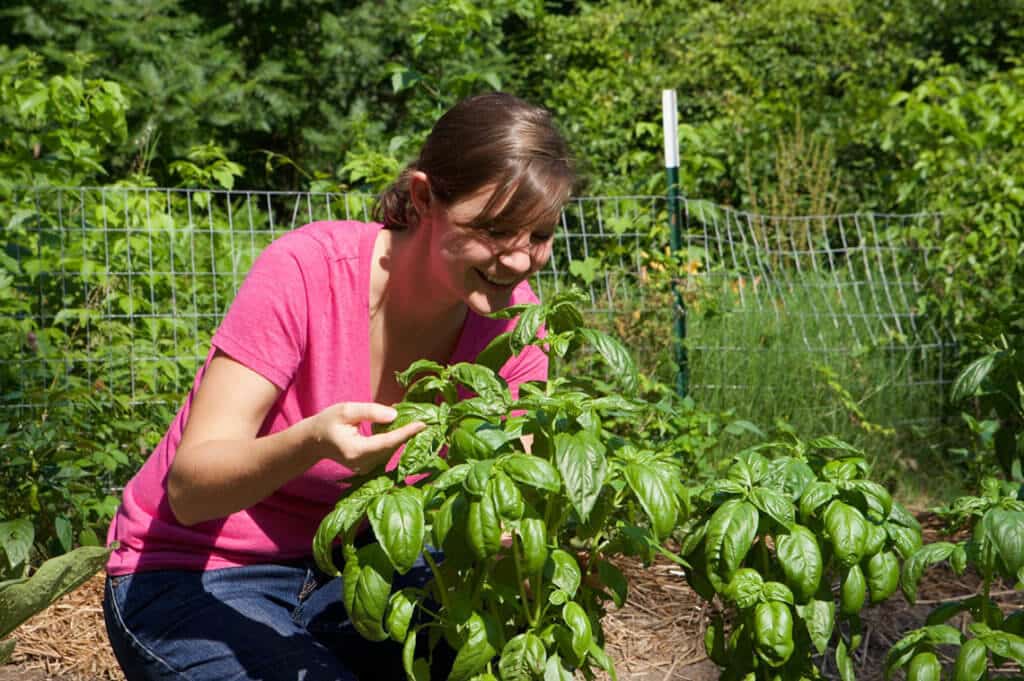
3. Purpose / Productivity / Fulfillment
This domain refers to the sense of accomplishment and fulfillment that derives from meaningful and rewarding activities. Having the opportunity and initiative to become a contributing and productive member of a community is central to this domain whether it be through employment, education, volunteer opportunities, or general acts of good will. Mentoring, role-modeling and other leadership opportunities can also foster a sense of fulfillment, purpose, and productivity.
4. Empowerment / Independence
This domain refers to the development of attitudes and behaviors which foster increased independence and an increased sense of control over one’s life and one’s own recovery process. Increased self-confidence, motivation, responsibility, and self-esteem are all associated with this domain. An increased ability to self-monitor and to be proactive in order to decrease symptoms and problems also contributes to empowerment as well as increased functional coping abilities and decreased reliance on self-destructive or dysfunctional ways of coping. More functional and adaptive ways of thinking contribute to empowerment (as opposed to dysfunctional, self-defeating thinking patterns). Willingness to take risks in order to grow also fosters independence and empowerment.
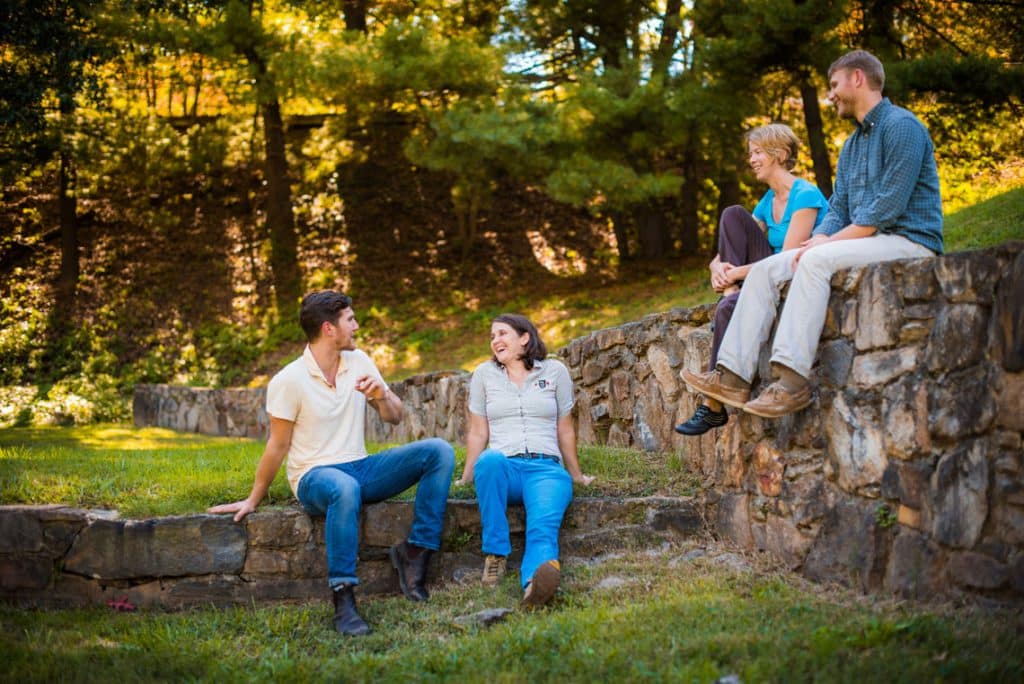
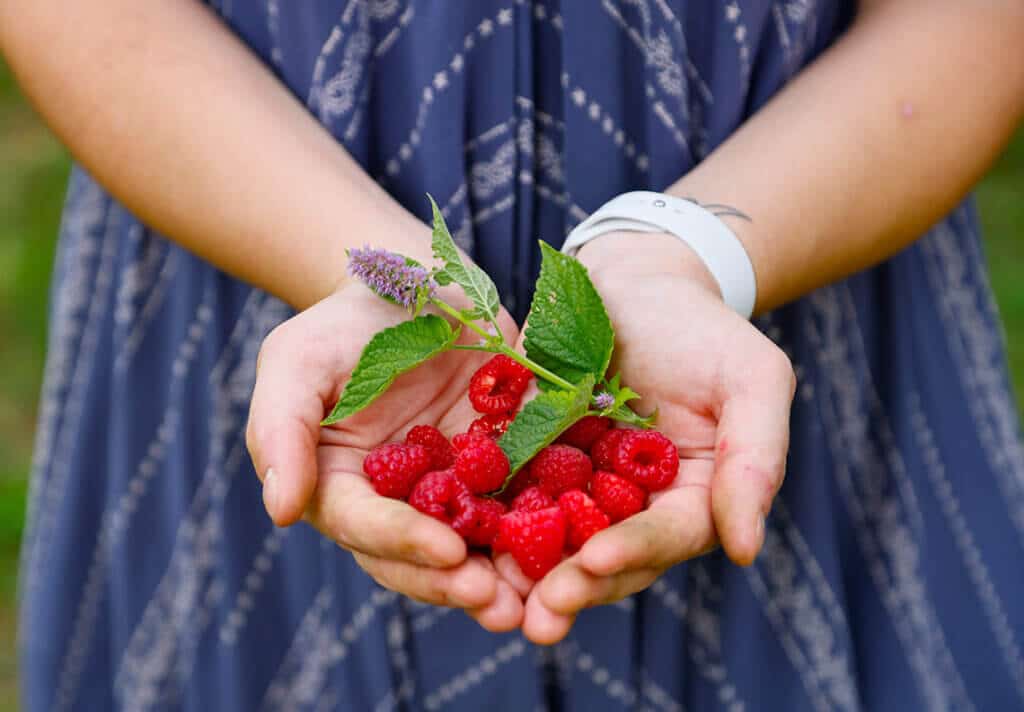
5. Emotional & Psychological Health
This domain refers to an overall sense of well-being and emotional stability. The ability to monitor emotional states, recognize warning signs, and to implement proactive strategies to effectively manage one’s emotions contribute to emotional and psychological well-being. The ability to self-soothe and to nurture oneself is also important. This domain also refers to symptom reduction which often implies increased insight, improved self-care, a willingness to seek help, and medication adherence. For an individual with a chronic health condition, such as mental illness, developing a healthy sense of self often entails recognizing that he or she is a unique, complex, and multi-dimensional person who refuses to be defined by their illness. Instead, the individual recognizes and honors their unique skills, characteristics and interests, and pursues activities and relationships that provide pleasure and fulfillment. Making play and humor a priority contribute to emotional and psychological health as well as feeling capable of obtaining the quality of life for which one strives.
6. Physical Wellness
This domain refers to one’s ability to take care of basic physical needs such as hygiene and healthy sleep patterns as well as other physical wellness domains such as regular exercise and a healthy diet. Physical wellness also refers to the conscious decision to adopt a healthy lifestyle. Avoiding habits and behaviors that negatively impact physical health such as smoking, eating unhealthy foods, and abusing substances such as caffeine, alcohol, and drugs is also important. Physical wellness is positively impacted by a variety of self-care and stress reduction activities and behaviors such as exercise, meditation, massage therapy, acupuncture, and yoga.

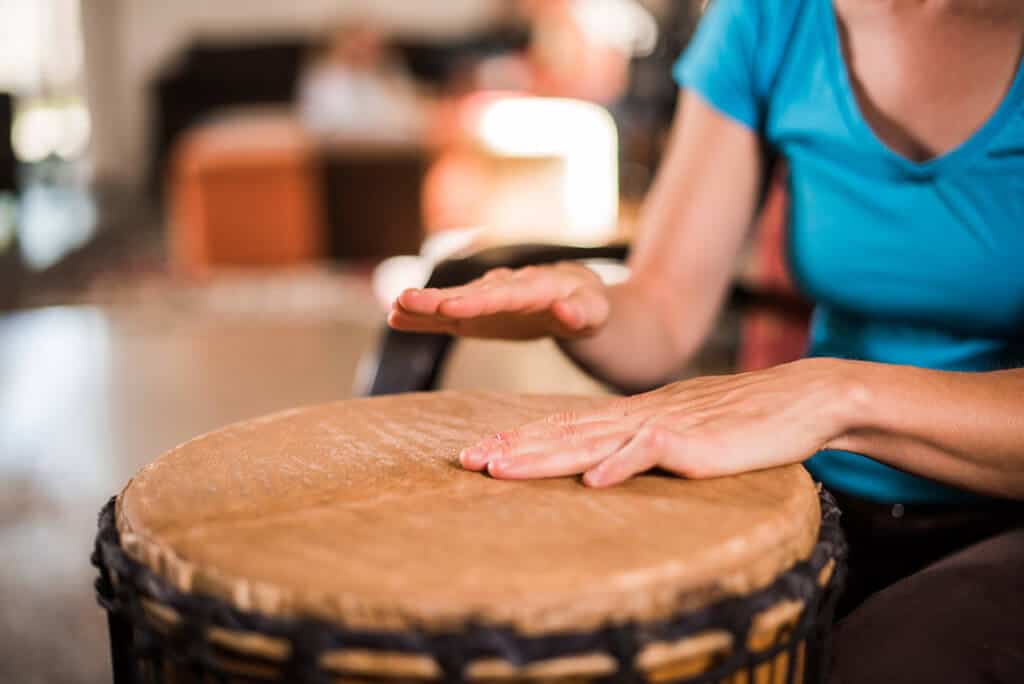
7. Intellectual / Learning / Creativity
This domain refers to the willingness and desire to learn and to challenge oneself mentally and creatively. This reflects a curiosity about the world around us and a desire for and openness to multiple growth opportunities. Taking risks and challenging oneself often promotes learning and growth. For an individual with a chronic health condition, a constant desire to learn more about the process of recovery is also important. A willingness to tap into and to actualize creative energy is helpful as well.
